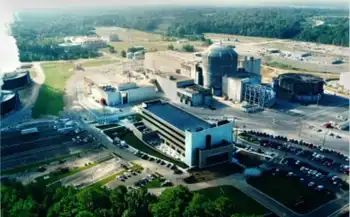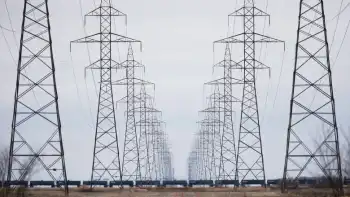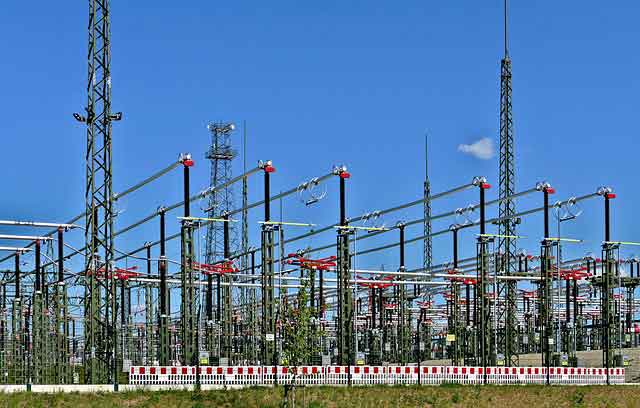Echos of Hydro One
By Financial Post
High Voltage Maintenance Training Online
Our customized live online or in‑person group training can be delivered to your staff at your location.

- Live Online
- 12 hours Instructor-led
- Group Training Available
In 2002, the Ontario government was set to privatize Hydro One, the province's distribution and transmission utility. In March it filed a preliminary prospectus to sell common shares and instalment receipts. The deal was set to be the country's largest equity financing - about $5-billion. BMO Capital markets, RBC Capital Markets and Goldman Sachs were the joint book runners. (Mark Carney, now the Governor of the Bank of Canada, was on the file for Goldman.)
Two unions - the Communications, Energy and Paperworkers Union of Canada (CEP) and the Canadian Union of Public Employees (CUPE) - opposed the privatization. So they hired the law firm Sack Goldblatt Mitchell to represent them. At the time, the lawsuit was viewed as nothing more than an irritant with little, if any, chance of success.
Things turned out otherwise. Justice Arthur Gans of the Ontario Superior Court of Justice ruled that the provincial government does not have legal authority to relinquish public control of the corporation, by offering its shares for sale to private investors. Justice Gans said the sale was illegal under the province's Electricity Act. In effect, Justice Gans ruled that Section 48 of the Electricity Act allows the government to hold and acquire - but not sell - shares in the company.
The provincial government then had a choice: It could have rewritten the legislation to give it the proper legal authority to go ahead; or it could decide not to go ahead. In the end, it chose the latter option. Hydro One was not privatized - indeed, there is no discussion that it will choose such a path.
Sprott Inc., the name for the former Sprott Asset Management, has been public for seven days.
And in that time, virtually all of the company's float of 20 million shares has been turned over. At the close of business, 19.2 million shares had been traded. Sprott's other distinction: Those who participated in the initial public offering are either underwater, if they mark to market, or have taken a loss if they sold into the market. The average closing price was $9.42.
In its time as a public company, a mere 15,200 shares have been sold at a price higher than the $10 issue price. And those trades - which were bought and sold in 11 transactions - were done at $10.01. After deducting the commission, the net proceeds would be less than $10 per share.
The Sprott experience, at least in the early days, is similar to what occurred when Gluskin Sheff & Associates went public in May, 2006. (As with Sprott, GS's deal was all secondary, meaning the company got none of the proceeds. Instead, the cash went to the selling shareholders.)











